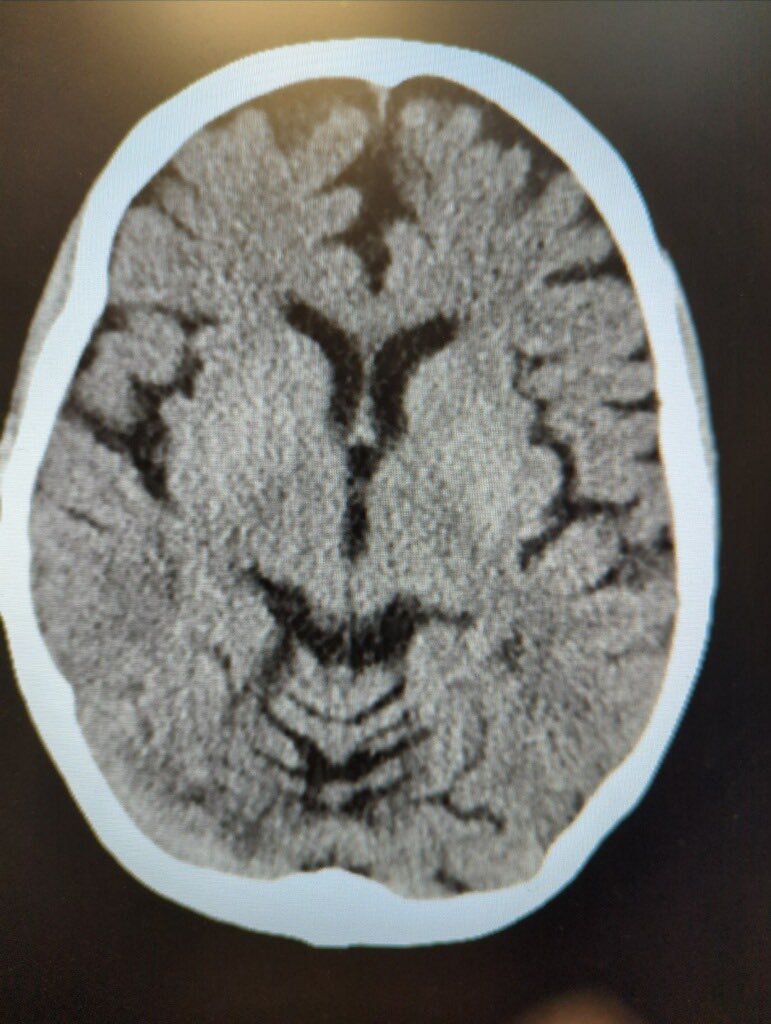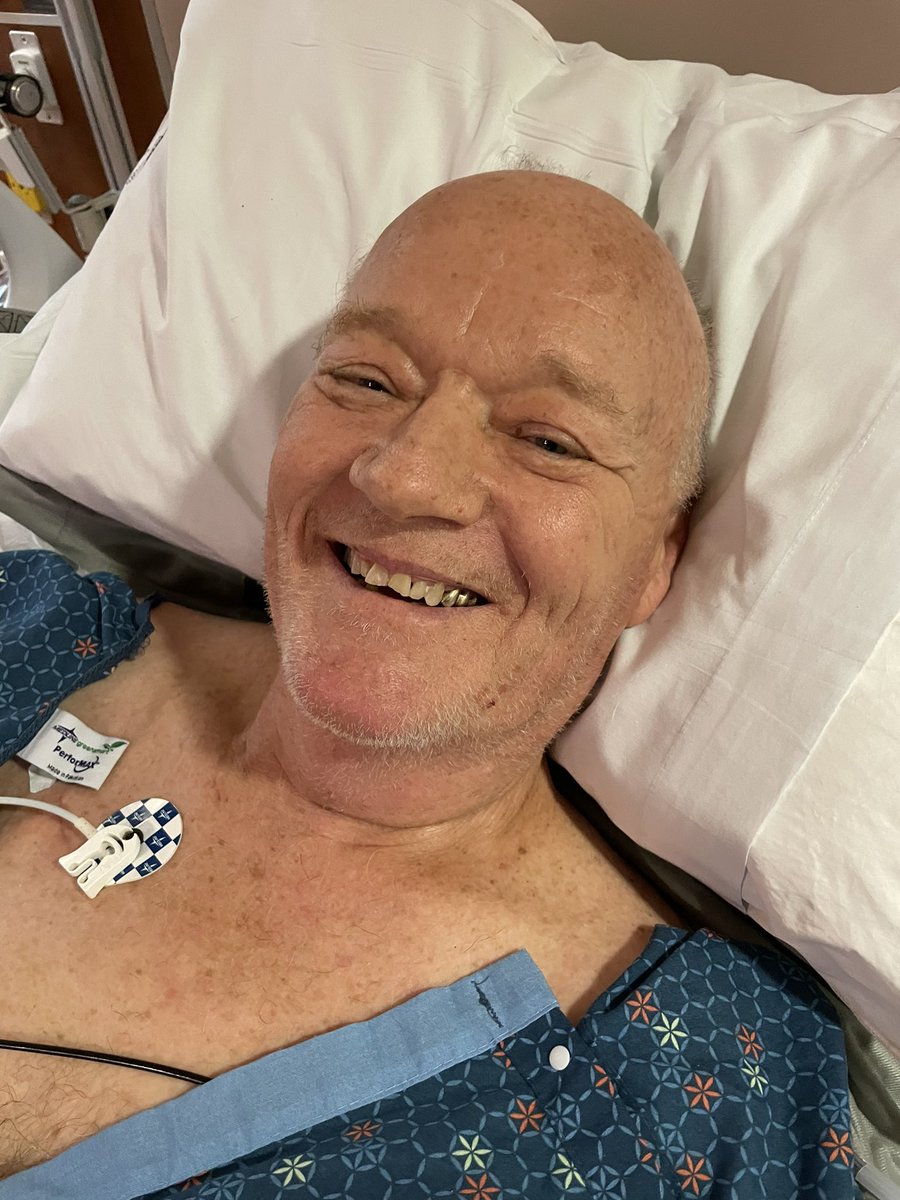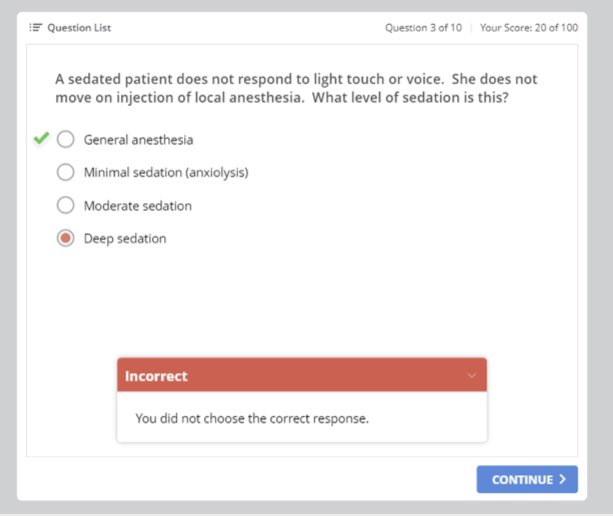
1/🧵 An exacerbating factor in #LongCOVID is the “Quality of Life (QOL) Gap”🧵👇
…when a person’s expectations about QOL are at odds w their reality.
“Covid was over & Long COVID hit my brain, heart & GI.”
Let me unpack a study of ICU survivors…
bit.ly/3vp0AMl
…when a person’s expectations about QOL are at odds w their reality.
“Covid was over & Long COVID hit my brain, heart & GI.”
Let me unpack a study of ICU survivors…
bit.ly/3vp0AMl
https://twitter.com/WesElyMD/status/1498272732609490948

2/ Read the thread I attached to the first tweet.
From the cancer literature, we learned about the QOL Gap.
If people appropriately prepare for their “ACTUAL” QOL, there’s a narrow gap and all is well.
If not, #Depression & #Despair too often set in.
From the cancer literature, we learned about the QOL Gap.
If people appropriately prepare for their “ACTUAL” QOL, there’s a narrow gap and all is well.
If not, #Depression & #Despair too often set in.
3/ This study from Johns Hopkins by @vitaincerta & team adds to our understanding in a way that will apply so well to #COVID ICU survivors.
These are ARDS patients, which is almost always what lands COVID pts in the ICU and later with #PICS.
@ChestCritCare
These are ARDS patients, which is almost always what lands COVID pts in the ICU and later with #PICS.
@ChestCritCare

4/ This is applicable to COVID survivors who come home after the ICU (w new dementia, PTSD, muscle/nerve dz) & ALSO to those who never were in the ICU at all but who go on to suffer LC.
Why?
When we don’t prepare people for a chronic illness, they are vulnerable…⬇️ arrow👇)
Why?
When we don’t prepare people for a chronic illness, they are vulnerable…⬇️ arrow👇)

5/ #LongCOVID pts are too often being told they should be fine.
Their COVID is gone & this is all in their heads.
NO.
They’ve developed problems derived from a newly disordered immune system, autonomic instability, blood clots, and likely some degree of ongoing virus.
Their COVID is gone & this is all in their heads.
NO.
They’ve developed problems derived from a newly disordered immune system, autonomic instability, blood clots, and likely some degree of ongoing virus.
6/ So what did the @daleneedham @meghanhosey and team learn in the study above?
N=823 #ARDS survivors, half of them had big differences in their actual vs. perceived health, QOL, and functional abilities.
People’s lives weren’t what they expected. And that is a big problem.
N=823 #ARDS survivors, half of them had big differences in their actual vs. perceived health, QOL, and functional abilities.
People’s lives weren’t what they expected. And that is a big problem.
7/ “Perceived health is a strong determinant of subjective well-being.”
I believe that if we LISTEN to our patients, to one another, if we are PRESENT even when we don’t have answers, that this will help with these deep and meaningful measures of suffering.
I believe that if we LISTEN to our patients, to one another, if we are PRESENT even when we don’t have answers, that this will help with these deep and meaningful measures of suffering.
8/fin 🤔
“When people nurture deep, real communication, especially in times of suffering, something of almost mystical quality can be established: a reciprocal connection of charity & empathy that crosses boundaries.” #EDDB author note
Close the QOL Gap in #PICS & #LongCOVID
“When people nurture deep, real communication, especially in times of suffering, something of almost mystical quality can be established: a reciprocal connection of charity & empathy that crosses boundaries.” #EDDB author note
Close the QOL Gap in #PICS & #LongCOVID
• • •
Missing some Tweet in this thread? You can try to
force a refresh















